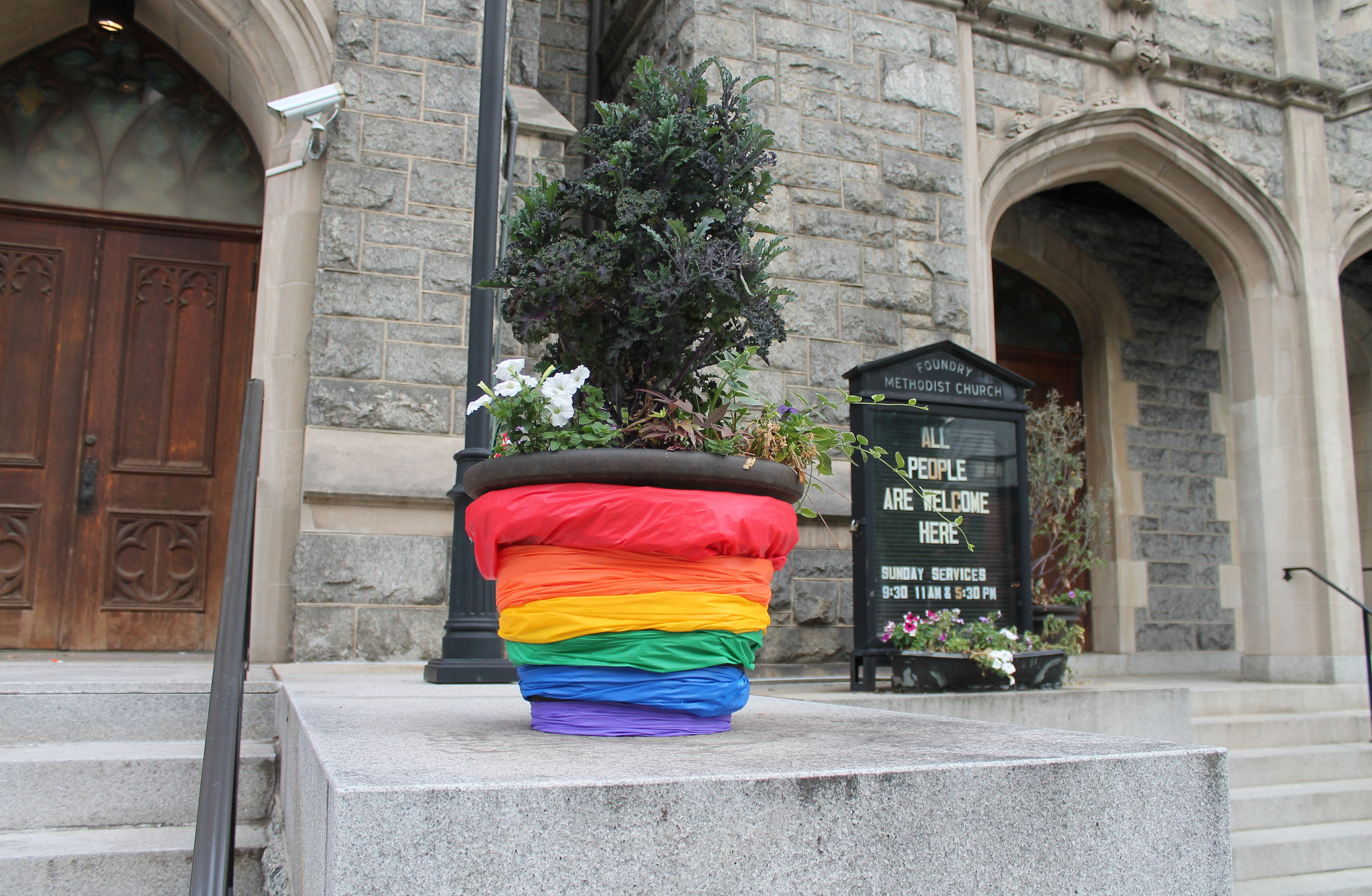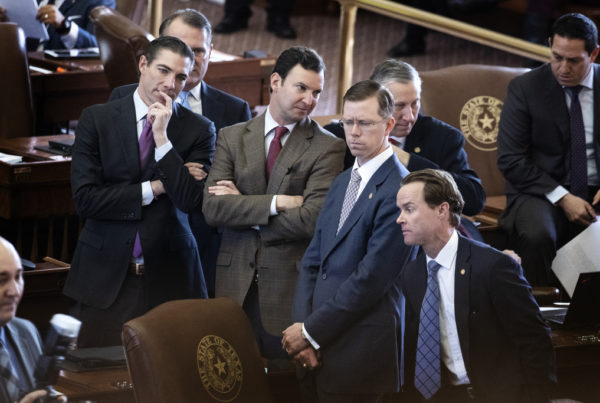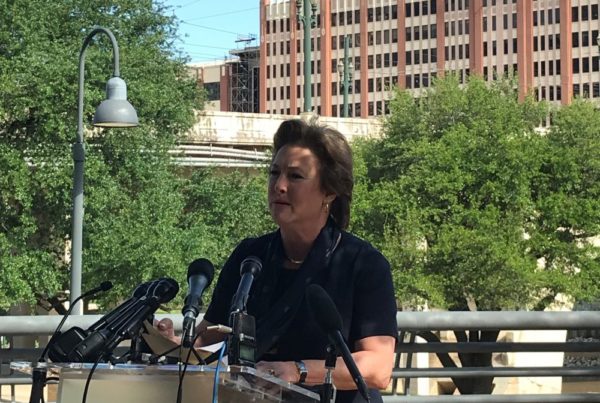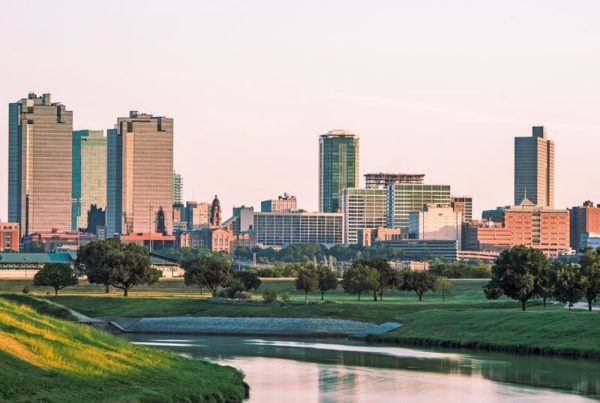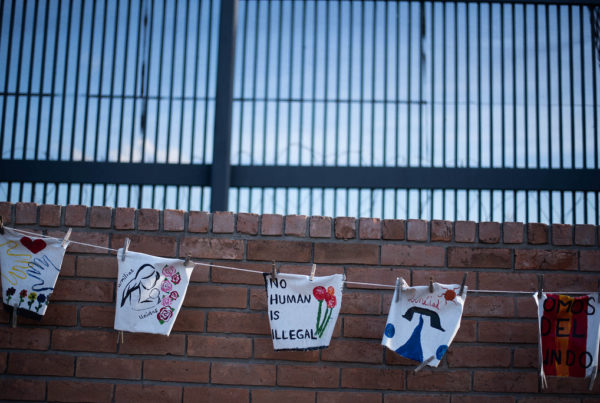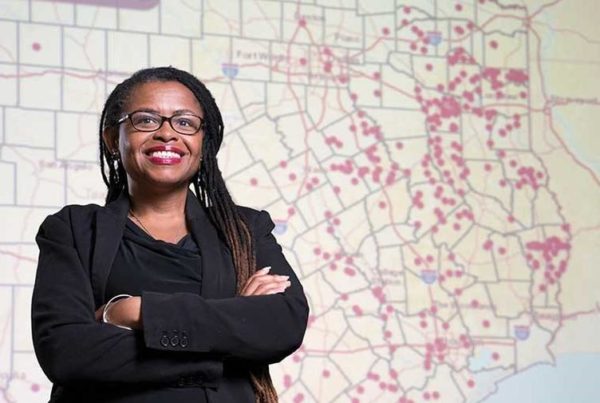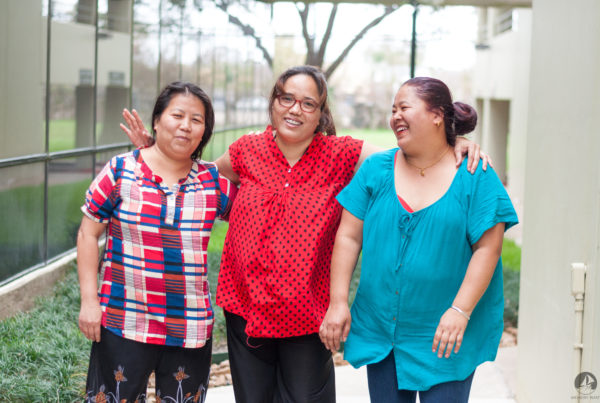At its general conference in St. Louis Tuesday, leaders of the United Methodist Church voted to keep current rules in place barring same sex-marriages in the church, as well as gay clergy.
The Methodist Church is Texas’ fourth-largest denomination, comprising 5 million people. But the vote represents a larger debate within Protestant denominations nationwide about sexual identity and the church.
Eileen Flynn DeLaO is a longtime journalist covering religion, and a lecturer at the University of Texas at Austin School of Journalism. She says the Methodist Church did have options when it came to deciding its stance on LGBTQ inclusion. There could have been a compromise – essentially a carving up of the denomination up into ideological groups that then could have chosen whether to ordain LGBTQ clergy. But that didn’t happen.
“What wound up passing was a very traditional plan that does not open the door at all to the ordination of gay clergy or same-sex marriage,” DeLaO says.
DeLaO says some Protestant denominations abide by strict rulebooks written decades ago that bar LGBTQ members from being ordained or married in the church. In order for the United Methodist Church to change, for example, it would have to change the documents upon which church operations are based.
“That’s a sticking point for a lot of Protestant denominations because they’re very, very particular about the process by which they make changes,” DeLaO says.
With traditional rules still in place, DeLaO says LGBTQ Methodists and their allies are left to decide whether or not to stay in the church, while some local pastors continue to debate the language and constitutionality of the restrictions.
“Nobody wants to leave a denomination, even if they are very angry or very hurt,” DeLaO says. “A lot of folks don’t understand this if they’re not affiliated with a denomination, but if you are a lifelong Methodist, it is incredibly painful, the prospect of leaving that church.”
Written by Sara Schleede.


